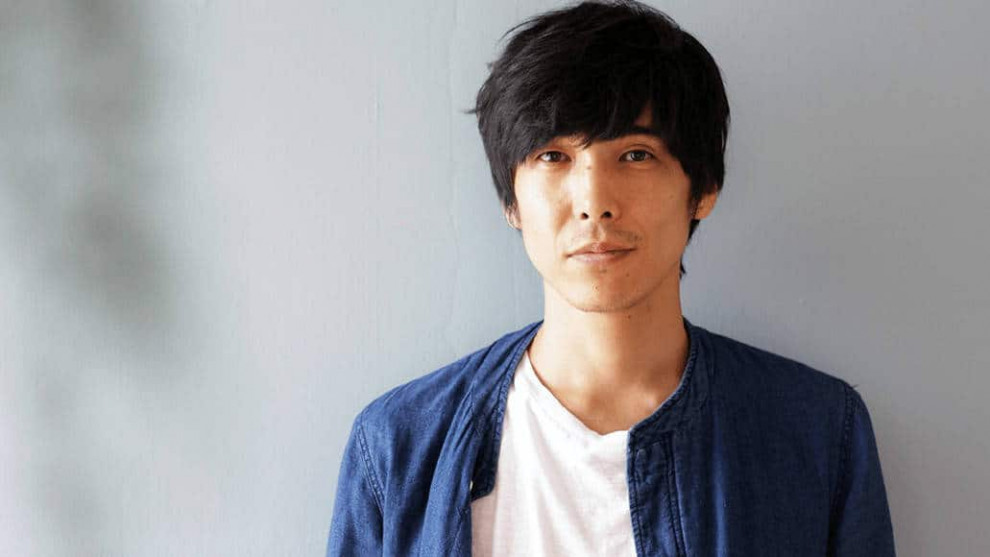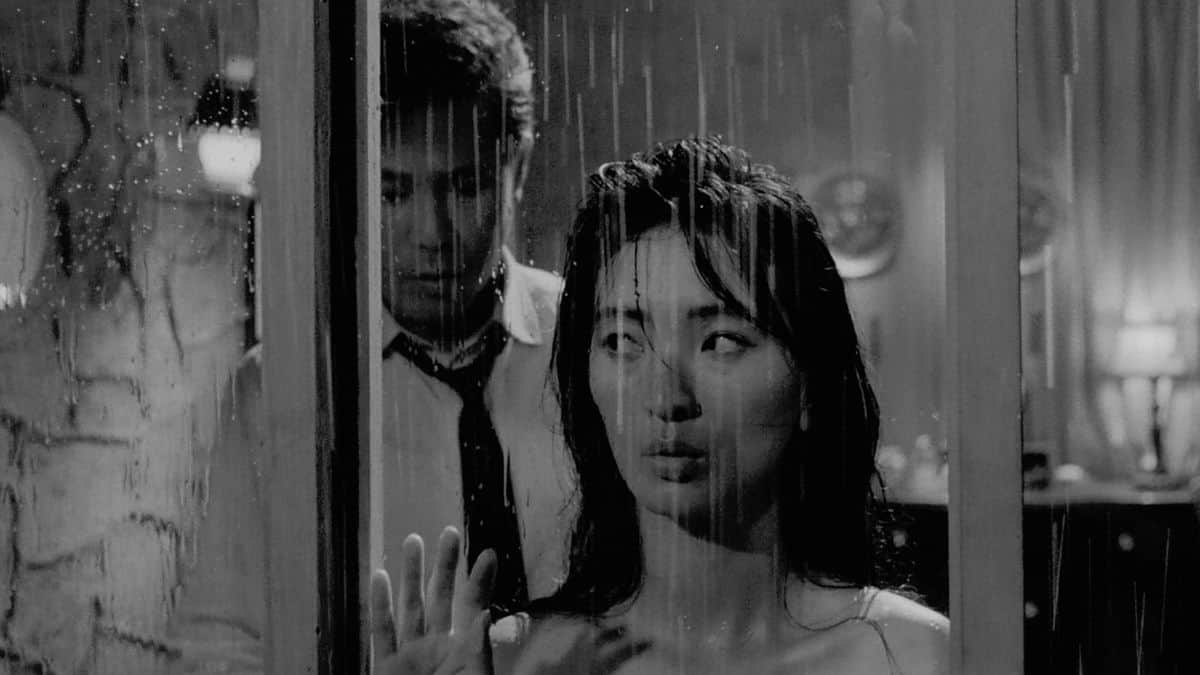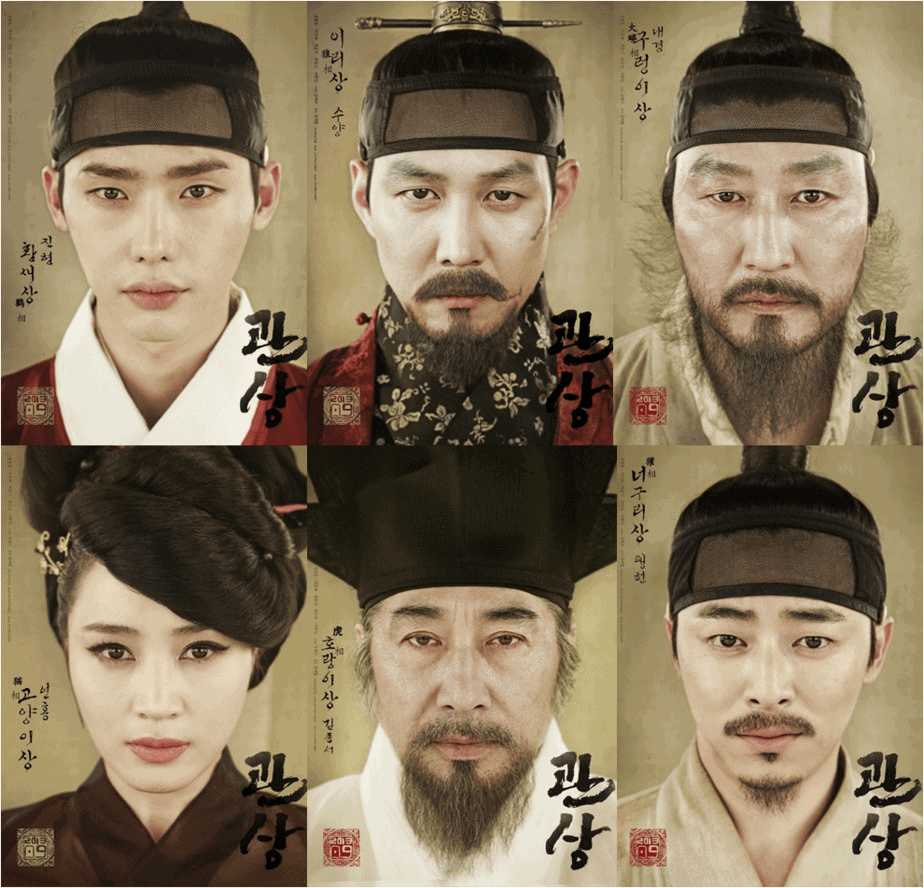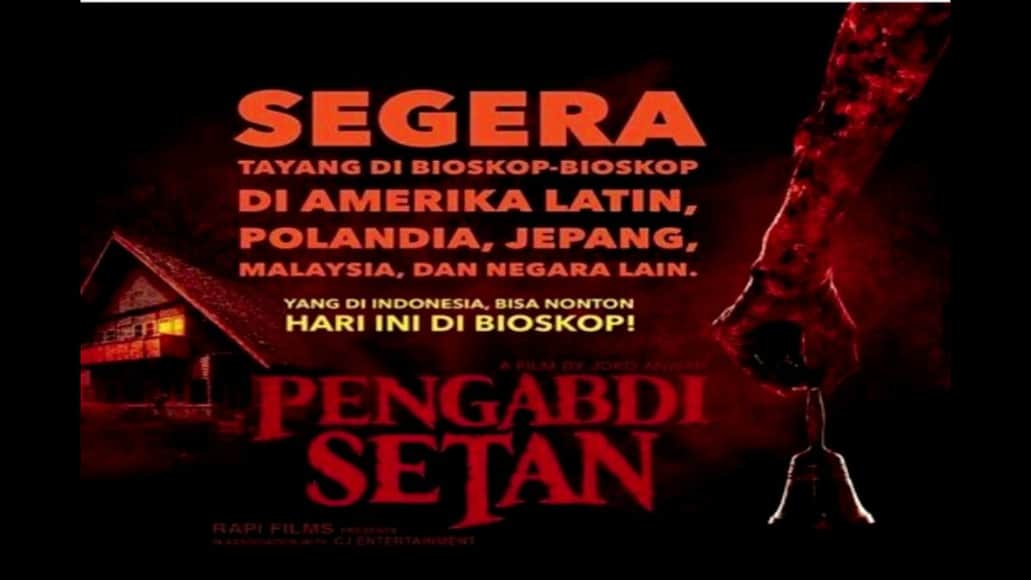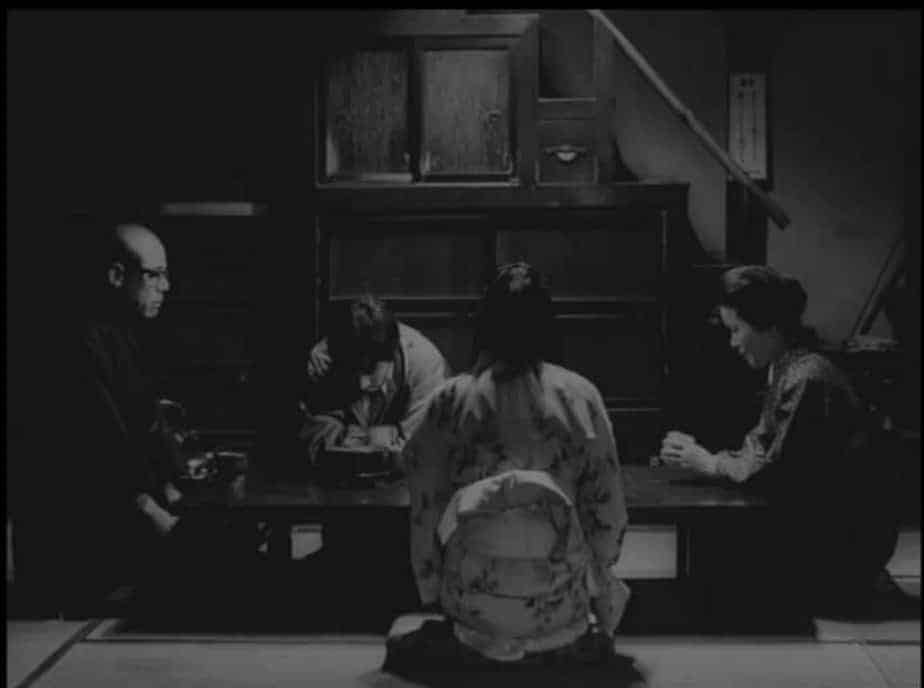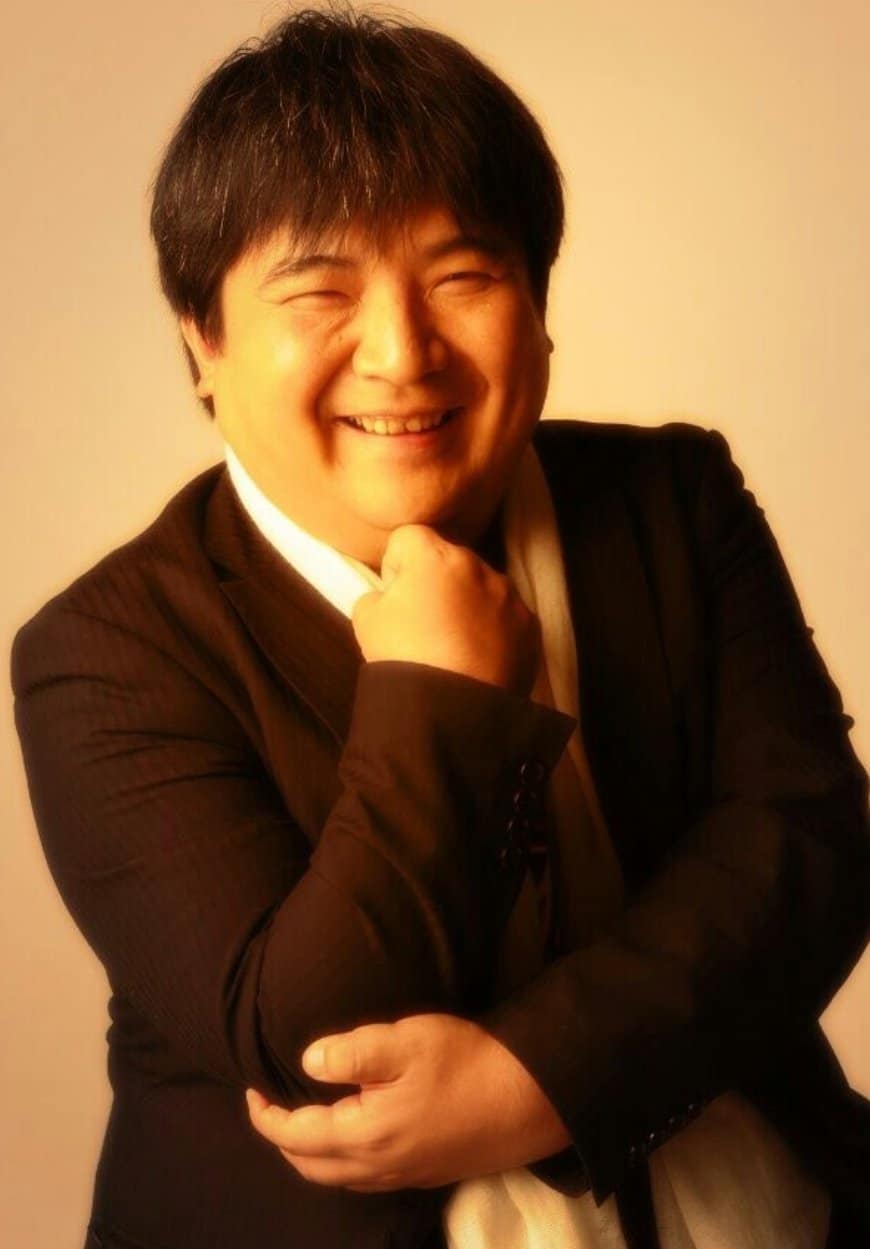You can read the interview in Japanese at the end of the article
Ryo Katayama was born in Sabae, Fukui Prefecture, in 1980. After graduating from college in 2003, Katayama started a career as an actor, mainly performing in independent films. In recent years, he starred in Yu Irie's Memoirs of a Murderer (JC 2017) and Masaharu Take's The Ringside Story (2017) and played the lead in Motohiro Tajima's DEVOTE (2016). As a director, his short films received acclaim at numerous domestic film festivals, including the Special Jury Prize at Tachikawa Meigazadori Cinema Festival in 2018 for Meisoujyushi. Roar is his directorial debut feature.
On the occasion of Roar screening at Japan Cuts, we speak with him about his original style, loneliness, Fukui, the difficulty of Japanese people to express their feelings and many other topics.
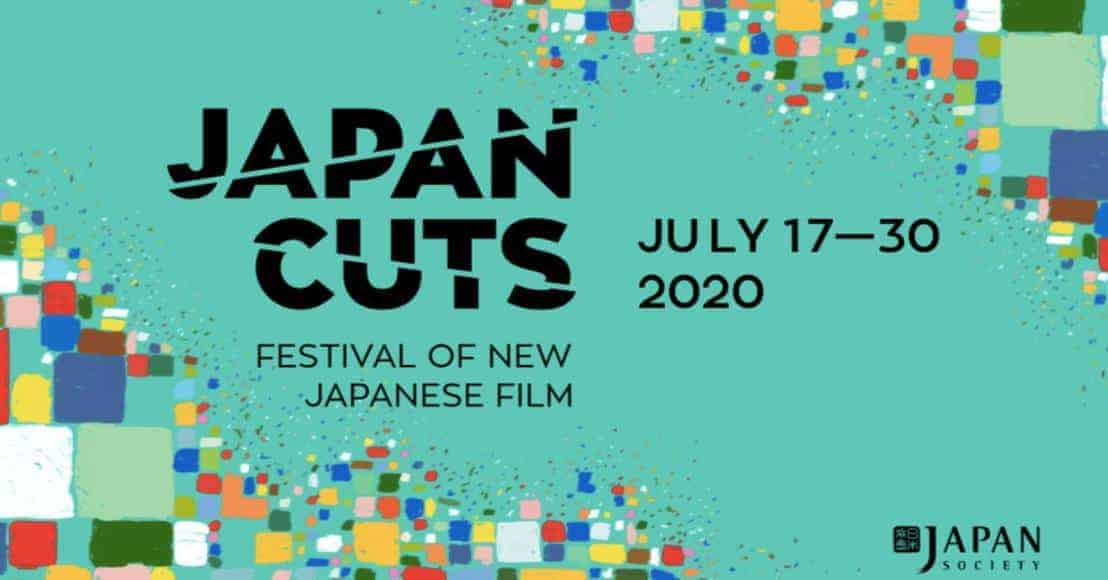
Most family dramas that come out of Japan follow the style of Hirokazu Kore-eda. You did something different, however. Was that one of your purposes, to try and be original?
I'm not conscious about him at all. I don't know if it's good or bad, but I always decide on the initial setting and theme and then start writing, without knowing what is going to happen. I think that's what gives my script more originality.
The film seems to have some similarities with “Destruction Babies” and the style of Kim Ki-duk. Were these among your influences?
I'm not sure if I'm influenced by them. But it might be similar in the way I describe physical violence or psychological violence as a proof of being alive.
Many modern Japanese movies seem to accuse the previous generation for the state the youths are in today. Is that your opinion too?
I don't think that's how I feel about it. I don't really like to accuse anything or blame anyone else in life. I don't want to live an irresponsible life.
Do you feel that loneliness can shape and connect people? In general, how would you justify the relationship Makoto and Manabu share?
I think we are all lonely. That's why we want someone. We can live alone, but it's more fun to be with someone else. In the case of Makoto and Manabu, they had the same sense of loss. Though they could not make it up for each other, they could share that feeling, I think.
Why cannot these people leave Fukui, which seems to have nothing more to offer them but torment?
That's a mystery to myself, too. That's why I left the city of Fukui. Yes, these people wouldn't leave Fukui even if something like that happened to them. That could be the curse of not being able to escape from the blood of the native land. However, that's also the good thing about Fukui, I believe.
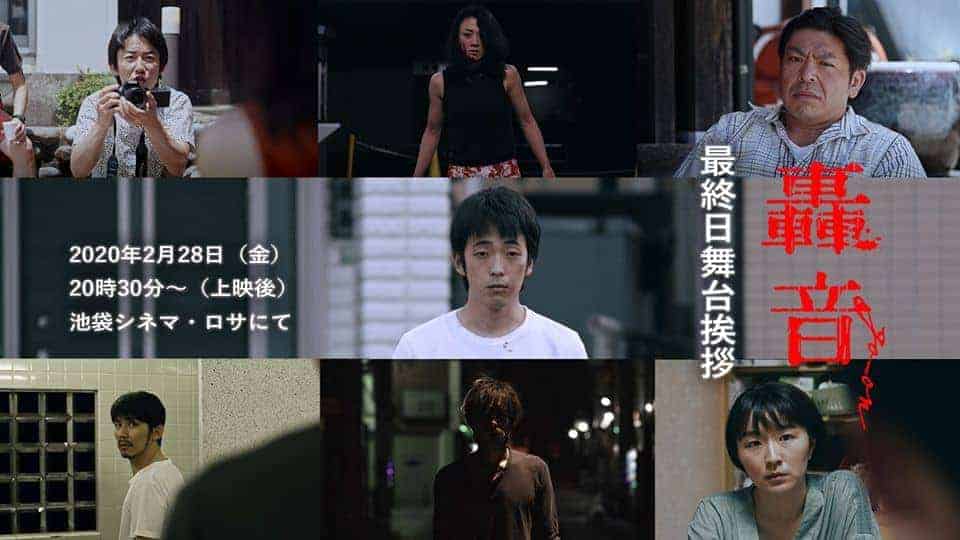
Hiromi and the man who flirts with her are quite open about their feelings for each other, something we do not see very often in Japanese movies. Is this the norm now or are Japanese still people who cannot express their feelings easily?
Japanese aren't open about their emotions in public. But with intimate people or in relaxing situations, we are more open. Perhaps because we don't usually open up, we become more open in the company of close friends. Regarding Hiromi and her boss Nomura, he wants to brag about dating Hiromi but he can't, so he's forcing her into such an activity. Hiromi didn't like it at first, but somehow it became part of her daily lifestyle. The other thing is that Hiromi has some kind of compassion for Nomura. That may be uniquely Japanese.
The film includes some brief elements of fetishism. Why did you decide to include those in the movie and how common are they among Japanese?
I answered this a little bit in the previous question… Nomura wants to brag about his affair with Hiromi anyway. That's why he becomes a bit crooked in his sexuality. Of course, I think there's that sense, of man's natural desire to control. Because of that, Nomura's character is presented a bit extreme.
Yuji Fukaya's cinematography is excellent. Can you give us some details about your cooperation and what you wanted to do in the visual department?
Yuji Fukaya's cinematography was truly amazing. Before filming, I expected this film would be strongly subjective to some extent. But Fukaya always chose to be objective. I can't help but look at actors' acting. It is easy to fall into my own subjective view when I only see the actors, but Fukaya's cinematography is able to make the scenes into a real event. However, I tried not to get too objective, but rather I tried to magnify the presence of the people there, when shooting.
How was the casting process for the film like?
The image I originally had in mind for the script has changed a lot. The actors I had in mind to play Makoto, Manabu, Hiromi and Nomura were not used. But maybe that's why it went better. I didn't have to force my image on them anymore. I think it rather brought out the charm that each actor had within themselves. Every actor did a wonderful job and they made the characters really come to life.
What is your opinion of the Japanese industry at the moment?
In my opinion, so many movies are made from the audience's point of view, and I don't think that's a good thing. Because these movies want to move the audience's emotions in a technical way, so the direction tends to become technical as well. That would limit the range of dramas, I'm afraid. Of course, there could be plenty of audiences who are fine with that, but I don't like it. I want to see a “living person” in a film. People are creatures that lack answers to so many questions, and when you see some answers accidentally pop out from those people without answers, that is the most exciting moment ever.
Are you working on any projects?
Due to the spread of the new corona virus, most of the filming has been postponed or cancelled. But small cinemas, so-called “mini-theaters”, are suffering the most. The only way to save those theaters is to show new films of the unknown directors like me. That's why I'm making independent films. Of course, I'm working hard to deliver films of quality. The latest film I've been working on is “OIKAZE” (meaning Tailwind) directed by Ryo Anraku, who starred in “ROAR” and will be released in Japan on August 7th. I was involved in “OIKAZE” as a writer and an actor. Anraku is a big hope. Anraku and I have worked on most of the films together, so I hope you'll look forward to it. Thank you very much.
日本から輩出される家族ドラマの多くは、是枝裕和監督の作風を踏襲していますが、それとは違うことをされていると思います。 違うもの、オリジナルなものしようという意識はありましたか?
是枝監督の映画に影響を受けてることはありません。良いのかどうかはわかりませんが、僕の脚本の書き方は最初の設定とテーマだけ決めて、あとはどうなるかわからず書くという書き方なので、よりオリジナリティが出るのだと思います。
「ディストラクション・ベイビーズ」、キム・ギドクの作風に通じるものを感じるのですが、影響は受けていますか?
肉体的な暴力や、精神的な暴力はあくまでも生きているという証に近いという表現をしていることはもしかしたら似てるかもしれません。
最近の日本映画では、今の若者が置かれている状況を上の世代のせいだと非難しているように見受けられますが、あなたもそう思いますか?
そういう風には思ってないですかね。生活において誰かのせいにするのがあまり好きではありません。無責任な生き方はしたくありません。
“孤独”が人となりを作り上げたり、人と人をつなぐことがあると思いますか。誠と学の間にはどんな関係性が築かれたといえるでしょうか。
みんな孤独だと思います。孤独だから人を欲する。人はひとりでも生きていけるものですが、誰かと一緒にいる方が楽しいと思っています。誠と学は欠けているものが一緒だった。だから、埋め合わせることはできなかったけど、一緒にその気持ちを共有することはできたんだと思います。
苦しめるばかりの街に見えるのに、彼らはなぜ福井を離れられないのでしょう。
それがわからないから僕も福井という街を出ました。そうなんです。彼らはあんなことがあっても福井から出ないんです。それが土着した血から逃れられないという呪縛なのかもしれませんね。けど、それが福井の良さでもあるんです、きっと。
ひろみと、彼女を翻弄する男性(上司のことでしょか)は、かなりお互いの感情をオープンに表現していますが、日本映画ではあまり見ない光景です。今はこれが普通なのでしょうか、それともまだ日本人はなかなか感情を伝えられない人たちでしょうか。
日本人が感情をオープンにできないのは人前だけです。気を置ける人と一緒にいる時はある程度オープンになります。というか、普段オープンにしない分、そういうときになるとオープンになるんでしょう。ひろみと上司の野村で言うと、野村が本当はひろみと付き合ってることを自慢したいけど、出来ないからああいう風なギリギリなことを強要している。ひろみは最初は嫌がったでしょうが、それが生活になっていった。あとはひろみの性格上、野村に情を持っています。それは日本人独特かもしれません。
本作にはちょっとしたフェティシズム(性的倒錯の志向?)の要素が含まれています。なぜ映画に入れようと思ったのでしょうか、日本の人にもそういう要素はどれくらい知られてるんでしょうか。
一つ前の質問で少し答えてしまいました…
ひろみの不倫相手である野村は、とにかくひろみと不倫関係であることを自慢したいんです。だから少し湾曲した性癖へとなっていく。もちろん本来男の根底にある支配欲みたいなものもあると思ってます。そのため少し極端な表現になっているんだと思います。
深谷祐次さんの撮影は素晴らしいですね。片山さんが関わった点の詳細と、どんな映像づくりをしようと思っていたか教えてください。
深谷祐次さんの撮影は本当に素晴らしかった。私は撮影前、この映画はある程度主観が強めの撮影になると思っていた。しかし、深谷祐次さんは主に客観に入ることを選択した。僕はどうしても芝居をみてしまう。芝居だけ見ていると主観の世界に陥りがちだが、それをちゃんと出来事にしてくれたのが深谷さんの撮影です。しかしながら、完全に客観に入る訳でなく、そこにいる人の存在感を大きくする、そういう撮影を心がけました。
本作のキャスティングのプロセスを教えてください。
もともと脚本段階で思っていたイメージとはだいぶ変わりました。マコト、マナブ、ヒロミ、野村は最初に思っていた人ではなくなりました。でも、だからよかったのかもしれません。僕のイメージを強要することはなくなったので。役者さんひとりひとりの人間としての魅力を出すことができたのかもしれません。それぞれの役者さんの芝居はすばらしかったです。登場人物をちゃんと人間にしてくれました。
日本の(映画)業界の現状についてご意見をお願いします。
どうしても客側の視点に立った作りをしている映画が多くなっているのは、僕としてはあまり良いことではないと思ってはいます。なぜかと言うと、客の感情をテクニカルで動かそうとするので、どうしても演出もテクニカルになりがちになる。そうなると、幅が決まってしまう。もちろんそれでいいお客さんも沢山いると思うが、僕は好きではない。映画の中に「生きてる人」が見たい。「人」とはあまりにも答えがなさすぎる生き物であり、その答えがないがためについつい出てしまった答えが見れた瞬間に最高の興奮を覚えるからです。
今とりかかっている作品はありますか?
新型コロナウイルス蔓延の影響で、撮影のほとんどが延期や中止になってしまった。でも、一番苦しいのはミニシアターと呼ばれる映画館だ。そのミニシアターを救うには、僕の用な知名度も人気もない監督は新作をつくって上映するしか方法がない。だから、自主映画をやっています。もちろん質の良い映画を届けるため、日々頑張っています。直近で言うと「轟音」主演の安楽涼氏が監督した映画「追い風」が8月7日より日本で公開になる。僕は脚本と出演もしている。安楽監督には僕も期待している。ほとんどの映画を一緒につくっているから、これからも楽しみにしていてほしいと思います。ありがとうございました。


